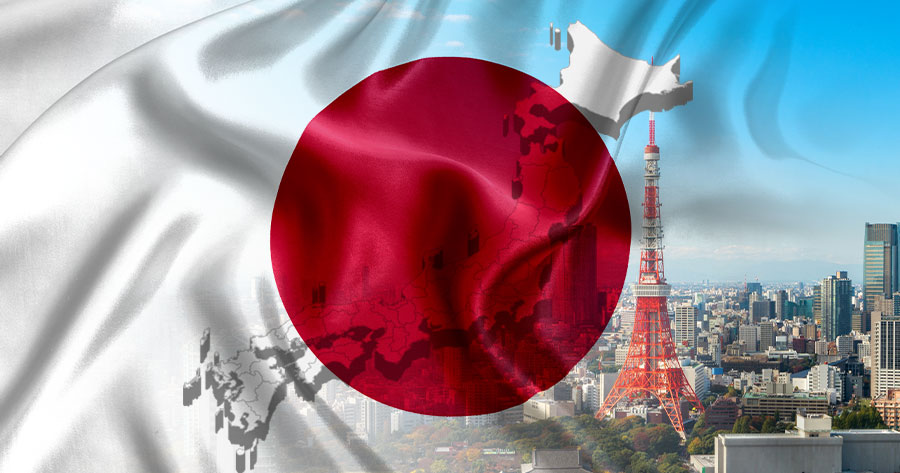Revised data reveals that Japan’s economy contracted less than previously reported in the January-March period, boosted by upward revisions to capital spending and inventory figures. This development offers modest backing to the central bank’s intention to raise interest rates later this year.
Market analysts anticipate that the Japanese economy may have reached a low point in the first quarter, amidst challenges such as a weak yen and disruptions in major automobile plants, which continue to cast a shadow on the outlook for the current quarter.
According to Kohei Okazaki, senior economist at Nomura Securities, the revised GDP figures provide the Bank of Japan (BOJ) with a positive outlook for potential rate hikes, especially amidst signs of improvement in capital investment.
Japan’s GDP contracted at an annualized rate of 1.8% in Q1, a smaller decline than the 1.9% contraction forecasted by economists. The quarter-on-quarter GDP contraction remained unchanged at 0.5% in price-adjusted terms from the initial reading.
Speculation arises regarding the BOJ’s discussion of reducing Japanese government bond (JGB) purchases during its upcoming policy review as part of efforts to unwind monetary stimulus and address yen depreciation.
Investors are keen on indications of the central bank’s timing for further interest rate increases. Notably, private consumption declined by 0.7% in Q1, marking the fourth consecutive quarterly decrease, with rising living costs impacting household finances.
The revised GDP data underscores the impact of external demand and domestic consumption on overall economic performance, highlighting the ongoing challenges faced by Japan’s economy.




